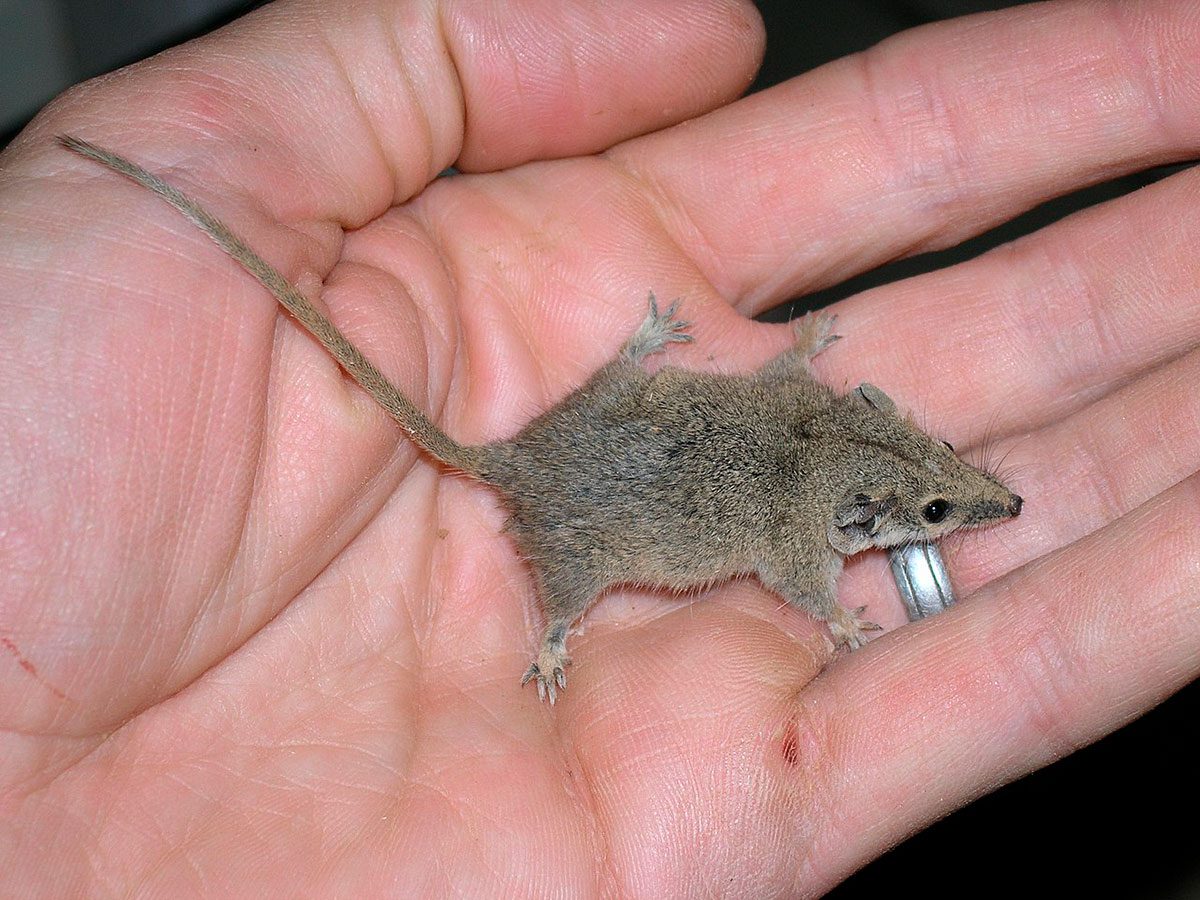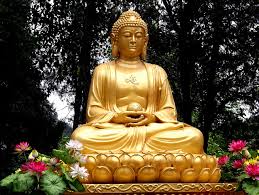Tropical beaches, jenga-skyscrapers, ornate temples, wild elephants – there are hundreds of reasons to visit Thailand. It’s now one of the world’s most popular holiday spots, with over 16 million visitors every year. Think you’re clued up on it? There’s a lot more to the ‘Land of Smiles? than meets the eye – between the palm-fringed beaches and chaotic capital city there’s a wealth of fascinating history, quirky festivals and a multitude of languages to discover. You probably didn’t know that it’s actually made up of 1,430 islands, you might not have realised that it was called Siam until 1932 (and again between 1945–1949) and that Bangkok has another name. Keen to find out more interesting facts about Thailand? Take a look at a few of our favourites below.
Interesting Facts About Thailand
1. It’s home to the smallest mammal in the world
The Kitti’s Hog-nosed Bat is the world’s smallest mammal. Also known as the bumblebee bat, it’s around the size of a large bumblebee and it weighs just two grams. That’s around the same weight as two skittles. They have a reddish-brown or grey coat, with a little pig-like snout (hence the name). You’ll usually find around 100 living together in one cave, likely in limestone caves along rivers in forests. Sadly, the latest report from the IUCN has listed the bat as an endangered species.
Around one-third of the world’s 1200 bat species are native to Asia, with at least 138 species living in Thailand.

2. Bangkok is one of the hottest cities in the world

3. Keep your knickers on
Under Thai law, it’s illegal to go out in public if you’re not wearing underwear. Going commando could end you up in some serious trouble, though there aren’t any reports of arrests. It’s also illegal to drive without a shirt on.
Another famous piece of legislation makes it illegal to walk on Thai currency. Disrespecting the monarchy can land you behind bars for up to 15 years too. The King and I movie and stage production is banned in Thailand, because of its representation of King Mongkut.

4. 95% of the population is Buddhist
Buddhism arrived in Thailand in the 12th century. Today, over 95% of the population practice Theravada Buddhism. There are some 300,000 monks living in Thailand too, recognisable by their distinctive yellow and orange robes. In fact, every man in Thailand is required to become a monk for at least three months, in order to receive good karma. Most locals will begin the day by giving offerings to monks collecting donations in the streets.
The country is home to over 35,000 temples too. Some of the best-known temples, or wats, include Wat Phra Kaew in Bangkok and Wat Phra That Doi Suthep in Chiang Mai.

5. Bangkok’s ceremonial name?
Bangkok’s ceremonial name is one of the longest words in the world: Krung Thep Mahanakhon Amon Rattanakosin Mahinthara Ayuthaya Mahadilok Phop Noppharat Ratchathani Burirom Udomratchaniwet Mahasathan Amon Piman Awatan Sathit Sakkathattiya Witsanukam Prasit.
Rooted in Pali and Sanskrit words, it means “City of angels, great city of immortals, magnificent city of the nine gems, seat of the king, city of royal palaces, home of gods incarnate, erected by Visvakarman at Indra‘s behest.” Just a little wordy.

6. Fancy a monkey buffet festival?
Every November, in the province of Lopburi, there’s an annual Lopburi Monkey Banquet. It takes place in front of the Pra Prang Som Yot temple. Locals invite over 600 monkeys to the feast to tuck into two tonnes of homemade food, including rice, tropical fruits and grilled sausages. It also kicks off with an opening ceremony with a performance by dancers dressed in monkey costumes. The feast is a celebration of Loburi’s thousands of macaques, thought to bring good luck to the area.

7. How about the world’s largest water festival?
The Songkran Festival celebrates the start of the lunar New Year. Songkran comes from the Sanskrit word meaning ‘to pass’ or ‘transformation’. To mark the transformation, Thai people celebrate with spiritual cleansing. The festival began as a religious celebration, where locals would collect water that had been poured over Buddha statues, then poured the blessed water over village elders.
In some parts of Thailand, the festival still has strong religious practices, but for the most part, the modern celebrations are much bigger, involving enormous water fights.

This post have 0 comment
:) :( hihi :-) :D =D :-d ;( ;-( @-) :P :o -_- (o) :p :-? (p) :-s (m) 8-) :-t :-b b-( :-# =p~ $-) (y) (f) x-) (k) (h) cheer lol rock angry @@ :ng pin poop :* :v 100